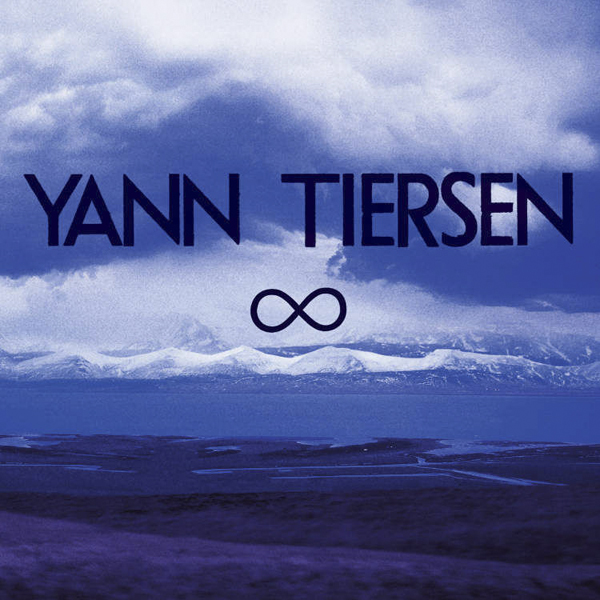
Yann Tiersen is best known for capturing audiences’ musical attention with unique and energetic scores, with his most recognized work being in “Amelie” and “Goodbye, Lenin.” Tiersen never really broke out of the soundtrack genre sound-wise, but his classical training and post-punk experience have enabled him to slowly start finding his own sound. Although not attached to any film, his eighth studio album still has a soundtrack feel, which is mostly due to the instrumental tracks that seem to guide you through an unknown story. Inspired by the rocky bluffs by his oceanside home of Brittany in northern France and the beautiful landscape of Iceland, the album, which also includes spoken word, has an overall ambient and calming effect.
The first track, “Infinity,” starts the album off on a very atmospheric trip, with a background track that almost resembles wind and is pierced with violins. From then on, the listener is treated to a mix of whimsy and gloom simultaneously. The simple, melancholy melodies of each track are overlapped with toy and electronic instruments as well as accordions. Although each track may follow the same pattern, they are by no means similar. Each song has its own feel and story to it. One track may be joyous and energetic while the next may be dark and slow.
The inspiration of several locations in Europe on his album are very evident, with an airy, natural feel of being in the rural areas of Europe displayed in several of his songs. Its minimalism is really effective in keeping the listener invested in the album because it provides a nice contrast to the more eccentric songs on the album. Tiersen also takes advantage of using different languages, which is refreshing and surprising to a listener who may not be familiar with the dialect of other cultures. Tiersen uses not only English and French, but also Icelandic, Faroese and Breton, which is Tiersen’s native tongue.
The two tracks that stand out in this album are “A Midsummer Evening” and “Gronjord.” “A Midsummer Evening,” first released as a single, starts off slow, but soon picks up the pace. It is also one of the few songs that has singing, rather than spoken word. If you really liked Tiersen’s work in “Amelie,” “Gronjord” will remind you of the film, filling you with that familiar accordion, with some violin and harpsichord added to create an upbeat tune.
An original narrative piece is read by a man with a Scottish accent in the last track “Meterorite,” which also features a guitar trickling in the background, leaving the album to end on a haunting note. In fact, haunting is the perfect word to describe the entire record — the album intertwines the upbeat and the gloomy to create a balance in between two unlike elements that resonates with the listener.
Although Tiersen may have tried to break the mold with this new album, the same soundtrack feel is there. Even though he experiments by adding new instruments, spoken vocal tracks and mixing unusual melodies together, in the end this album is just too abstract and out-there to be groundbreaking. However, it is obvious that Tiersen has fun trying new things and mixing, as he always has with his past work, with the end result being a very beautiful album.
Rating: 3.5 stars








